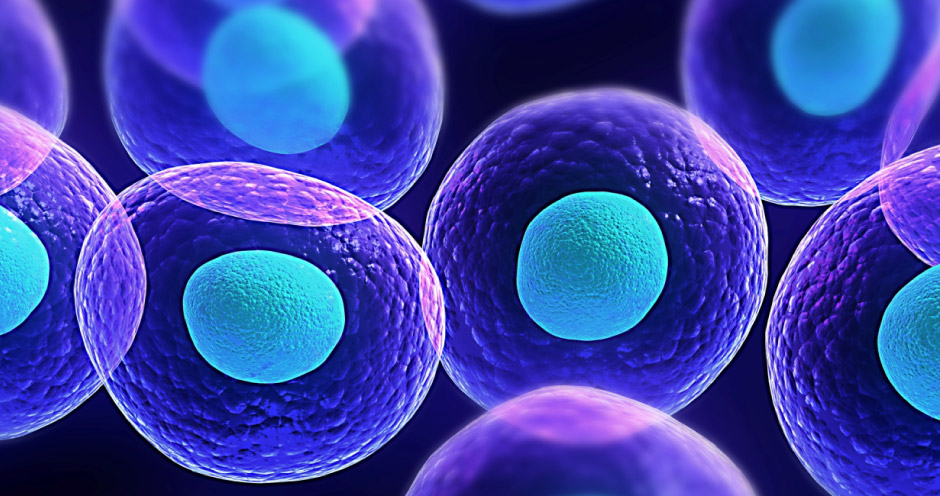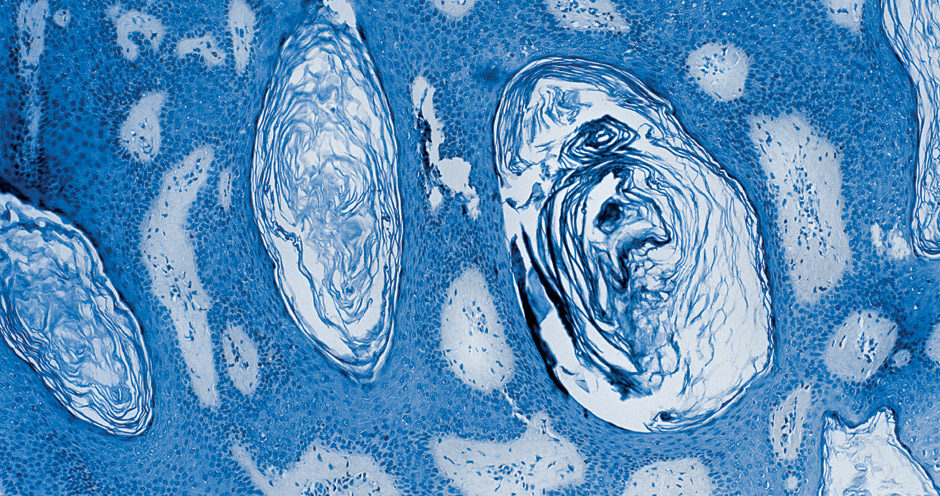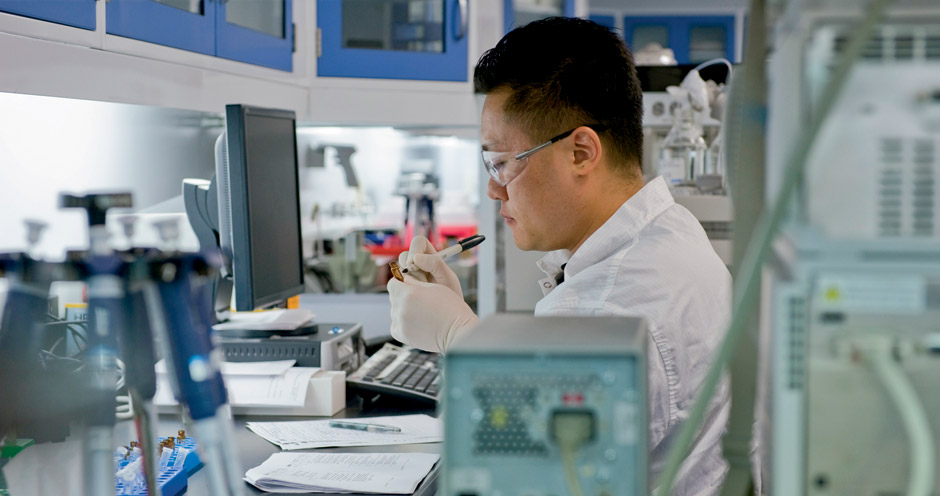
Introduction
Amgen was one of the first companies to recognize the potential of modern biotechnology in developing valuable medicines for patients. Today’s biologic medicines have made a significant difference to the lives of patients with serious illnesses, including cancer, blood conditions, auto-immune disorders such as rheumatoid arthritis (RA) and psoriasis, and neurological disorders like multiple sclerosis.

What Is Biotechnology?
In 1919, Hungarian agricultural engineer Karl Ereky foresaw a time when biology could be used for turning raw materials into useful products. He coined the term biotechnology to describe that merging of biology and technology. Ereky’s vision has now been realized by thousands of companies and research institutions.

The Science of Biotechnology
Biotechnology has been used in a rudimentary form since ancient brewers began using yeast cultures to make beer. The breakthrough that laid the groundwork for modern biotechnology came when the structure of DNA was discovered in the early 1950s.

How Are Biotechnology Medicines Discovered and Developed?
The first step in treating any disease is to clarify how the disease is caused. Many questions must be answered to arrive at an understanding of what is needed to pursue new types of treatments.

How Are Biotechnology Medicines Made?
The manufacture of biologics is a highly demanding process. Protein-based therapies have structures that are far larger, more complex, and more variable than the structure of drugs based on chemical compounds.

What Does the Future of Biotechnology Therapies Look Like?
Biotechnology is still a relatively new field with great potential for driving medical progress. Much of that progress is likely to result from advances in personalized medicine.
An Introduction to
BIOTECHNOLOGY

No front page content has been created yet.

Introduction
Amgen was one of the first companies to recognize the potential of modern biotechnology in developing valuable medicines for patients. Today’s biologic medicines have made a significant difference to the lives of patients with serious illnesses, including cancer, blood conditions, auto-immune disorders such as rheumatoid arthritis (RA) and psoriasis, and neurological disorders like multiple sclerosis.
View the timeline | View the glossary


What Is Biotechnology?
In 1919, Hungarian agricultural engineer Karl Ereky foresaw a time when biology could be used for turning raw materials into useful products. He coined the term biotechnology to describe that merging of biology and technology. Ereky’s vision has now been realized by thousands of companies and research institutions.


The Science of Biotechnology
Biotechnology has been used in a rudimentary form since ancient brewers began using yeast cultures to make beer. The breakthrough that laid the groundwork for modern biotechnology came when the structure of DNA was discovered in the early 1950s.


How Are Biotechnology Medicines Discovered and Developed?
The first step in treating any disease is to clarify how the disease is caused. Many questions must be answered to arrive at an understanding of what is needed to pursue new types of treatments.


How Are Biotechnology Medicines Made?
The manufacture of biologics is a highly demanding process. Protein-based therapies have structures that are far larger, more complex, and more variable than the structure of drugs based on chemical compounds.

66000-R3-V1
